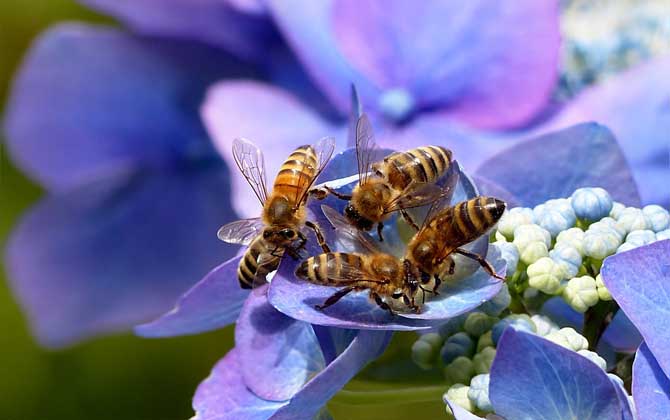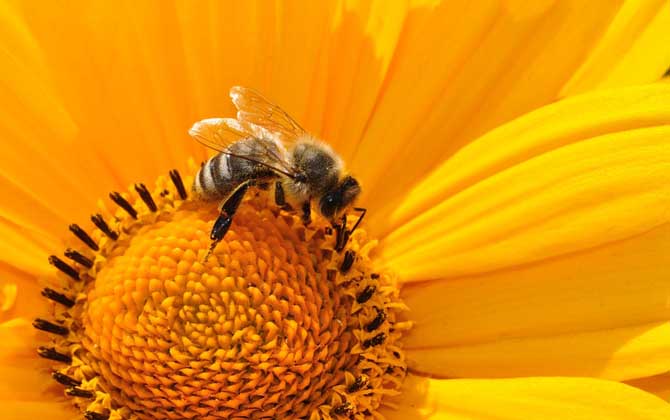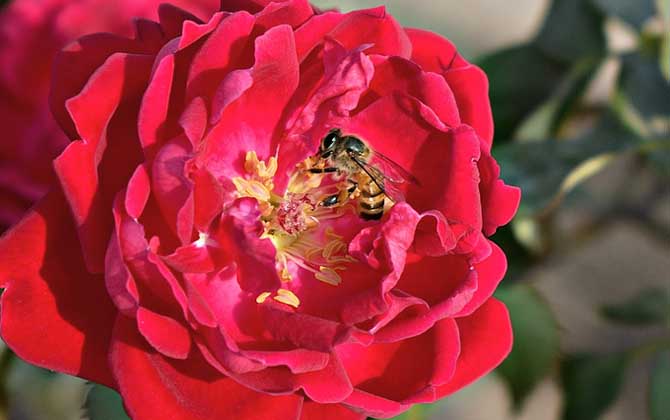Bee knowledge
How often does a bee produce a batch of worker bees?
Worker bees are the most important labor force in the colony, which is vital to the survival and reproduction of the entire colony. They bear almost all the labor in the colony. When there are no worker bees, the queen bee and drone will be starved to death, and the number of worker bees is also a visual basis for the strength of the group. Let’s take a look at how often the bees produce a batch of worker bees!

1, the development cycle
Worker bees are developed from fertilized eggs laid by queen bees. The entire development cycle is divided into four stages: eggs, larvae, pupae and adult bees. The egg stage is 3 days, and the larval stage is 6 days. After eating nectar and pollen), The pupal stage is 11 days (the pupal stage of bee species may be different, for example, the pupal stage of Italian bees is 12 days). Generally speaking, it takes about 20 (21) days for the worker bees to move from eggs to adult.
2, Group responsibilities
Worker bees have a very short life span. The longest life span is the wintering period, which usually lasts about 3 to 6 months. The shortest life span is the honey harvest period, and some can only live for 28 days. But worker bees sometimes prolong their life by spawning. This phenomenon is called “produce” in bee production. The spawning worker bees work relatively little and no longer perform dangerous tasks, so their life can be extended by approximately 3 Times or so.
4, breeding frequency
The role of worker bees in the colony is irreplaceable, but the lifespan of the worker bees is extremely short, and in a sense, the worker bees are more like “consumables” for the bee colony, so the queen bees are basically produced except during the winter Eggs to supplement the new worker bees, that is to say, the colony is not cultivated by batches. In fact, when the external conditions are met, the worker bees in the four stages of development in the hive can be found.
Summary: Worker bees are indispensable members of the colony. It takes about 20 days from fertilized eggs to adult bees, but new worker bees are not cultivated by batch, In fact, as long as the external conditions meet the queen bee is always spawning, only in the wintering period will it stop production.




